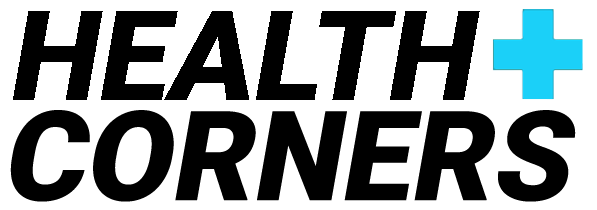[ad_1]
In the age of mobile and web networking when most businesses and services sectors are going digital, healthcare sector is left no more. They are deploying web portals, mobile applications or software systems to cut down manual processes and streamline day-to-day operations. Expert developers with forte in PHP and other web frameworks are creating complex online applications to computerize major processes and create an effective database. Such apps act as online portals, through which healthcare organisations, doctors, staff can manage patients data, set up data standards and channel information from department to department.
Read below the following points to know how desktop applications build with customisation help healthcare sector to develop an information infrastructure.
#1 One-stop point to store all patient information
For healthcare institutes, keeping up-to-date patient information is very essential. Hence, it should be made easily accessible anytime. The clinical web applications are specifically made to help institutions store securely, access data and handle the vital records of the patients. Everything, from diagnostic reports to medication and treatment details, all get saved safely.
#2 Online appointments
Big health centres and clinics can take appointments easily online through their website portal. Hence, there's no need for manually taking calls and keeping separate appointment register. Clinic managers can simply book the appointments, schedule them on different time slots and even get paid advanced online.
#3 Efficient Reporting
With powerful data analysis system over online, medical institutions can now have efficient reporting systems. With all real-time data of patients available at one place, they can easily generate reports to study the trends like increase in patients visits, most diagnosed diseases, medicines most demanded and prepare progress charts of patients.
#4 Easy dispensing of diagnostics reports
Web applications even enable the clinics' managers to dispense diagnostics reports to patients online, and allow them to download and print them. This actually turned useful because it's seen in many cases, the patients' family didn't have enough time to visit the centre to collect the reports
#5 Offline capability
Web application portals are customised in a way to offer offline facilities to the healthcare. They are specifically made with minimal offline capability, so that staff and physicians could access clinical records safely, view docs of different departments, and know about any recent claims.
Hospitals and healthcare management have always been labour-intensive and complex. Apart from handling wide-ranging departments, what bothered the hospital management is keeping a vast amount of patients record safely and securely at one point so they can be easily retrieved when needed by either party.
A complete clinical desktop application, tailored to healthcare services takes care of all that! It is cutting back the time taken in manual systems i.e. recoding patients data, dispensing reports, prescriptions, Besides, it is also helping patients to avail some prior services online, which saves a lot of their time.
[ad_2]
Source by Rob Stephen






